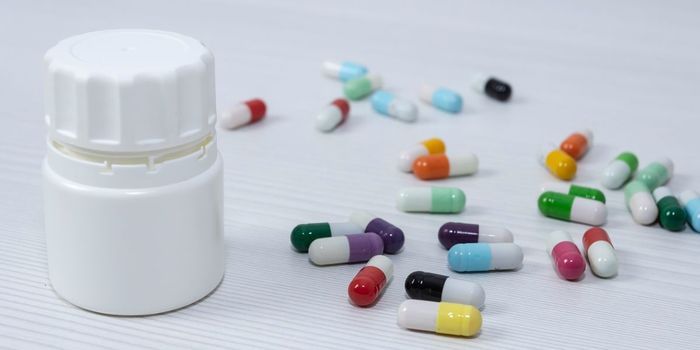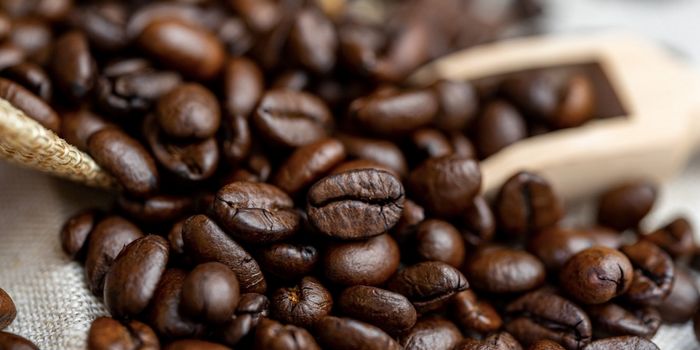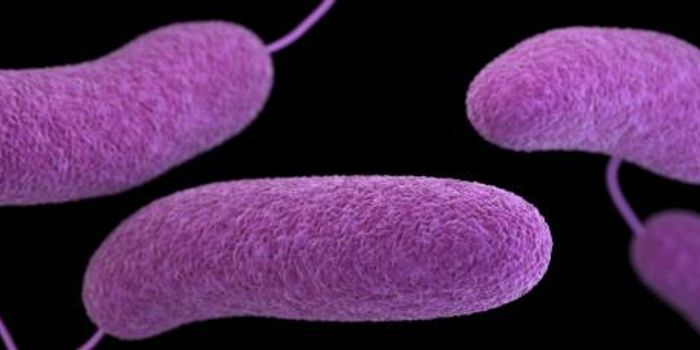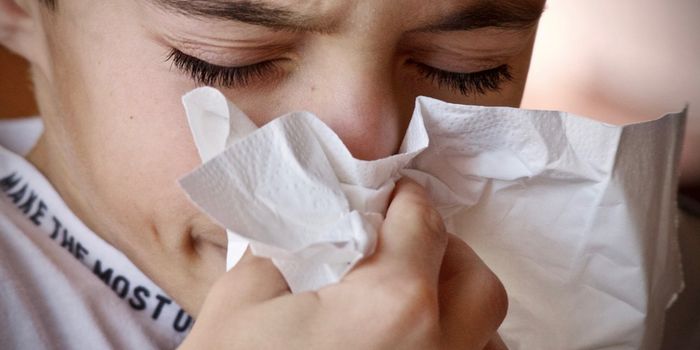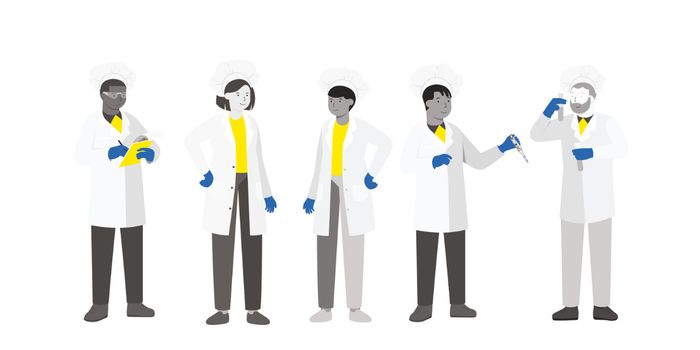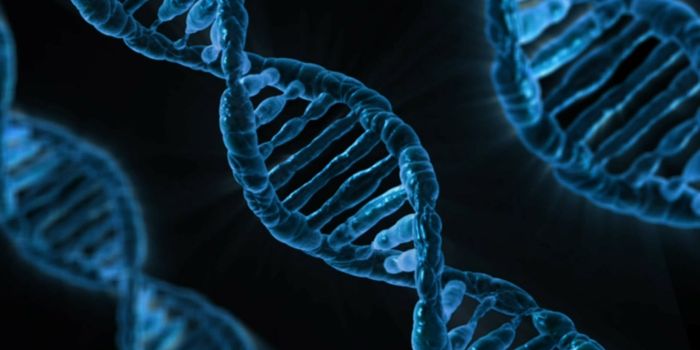US Now Leads the World in Coronavirus Cases
In the United States, there are now 85,486 confirmed cases of COVID-19, and there have been 1,288 deaths. The largest number of cases are in New York state, where 37,877 cases have been confirmed. Worldwide, there have been over 531,000 cases; over 122,000 people have recovered from the illness, and 24,054 people have died from the novel coronavirus that emerged late last year.
Coronaviruses are a group of viruses that cause respiratory infections. There are (at least) hundreds of coronaviruses, six of which are known to infect people. SARS and MERS are both caused by coronaviruses.
SARS-CoV-2 causes the illness COVID-19, and the worldwide pandemic has spread through tiny droplets that pass from the nose or mouth of an infected person to uninfected people. These droplets can be easily exhaled by an infected person and inhaled by uninfected people that are standing within about six feet, making it important to maintain distance between people. Coughing is still considered to be the primary way that the disease spreads.
Related: COVID-19 - What To Do If You Get Sick
These exhaled droplets can also end up on surfaces that are then contaminated. When others touch those contaminated surfaces and then touch their mouth, nose, or eyes, they can become infected. For now, it's best to be cautious and assume that the virus can spread this way, and clean surfaces that are frequently touched with disinfectant. The World Health Organization (WHO) and other researchers are continuing to learn more about how the disease is spread. Right now, it is thought that the disease's ability to stay in airborne droplets is limited, and the disease is probably not spreading this way.
While it is unlikely that an asymptomatic person can spread the disease, it may also be possible to catch the disease from someone that only has a cough. It may also be most infectious at the early stages of illness when symptoms are more likely to be mild. Hand-washing and avoiding sick people can help prevent the infection.
In many people, if COVID-19 occurs it only causes mild symptoms that can include fever and a dry cough. Shortness of breath is a symptom usually associated with more serious infections. People that are sick should stay home, wear a mask if they go out, and cough into their elbow so they will reduce the likelihood that they will infect others. Right now, there is no treatment. Mild symptoms can be managed at home, and sick people are encouraged to avoid the hospital if possible and call their doctor.
It is not yet known whether changes in the weather will affect the spread of the disease, but the warmer weather of summer might blunt its impact. It is also possible that if that happened, the virus would reemerge in the fall. There is also the potential that a treatment will be created for the virus by then, and that hopefully, a vaccine would follow soon after.
The virus appears to have a relatively low rate of mutation, meaning that its genetic code doesn't change that much. This is good news for vaccine development. Researchers that are designing a vaccine against the virus will be able to work against a relatively stable genetic code and viral structure.
Viruses that cause the flu, by contrast, can mutate frequently, and as such, scientists have to develop a new vaccine for the flu every year. The viral strain that causes a flu outbreak in any given year will be different enough from the one the year before to make the previous vaccine ineffective. If SARS-CoV-2 doesn't change much, we may be able to create a single vaccine for the virus. It might also mean that people who have been infected with SARS-CoV-2 gain immunity and won't be infected another time.
Related: Preventing and Preparing for COVID-19
While there is still no treatment for COVID-19, there is a drug in trials called Remdesivir, by Gilead Sciences, but if it proves to be safe it will not be ready for a few months.
SARS-CoV-2 may be more likely to occur in people taking angiotensin-converting enzyme inhibitors (ACEIs) and angiotensin receptor blockers (ARBs), and once infected, the elderly seem to be at a higher risk for more serious infections than other age groups, and men seem to fare worse than women.


